
China
11:51, 10-Oct-2016
The case of the disappearing village in Xinjiang
Updated
10:19, 28-Jun-2018
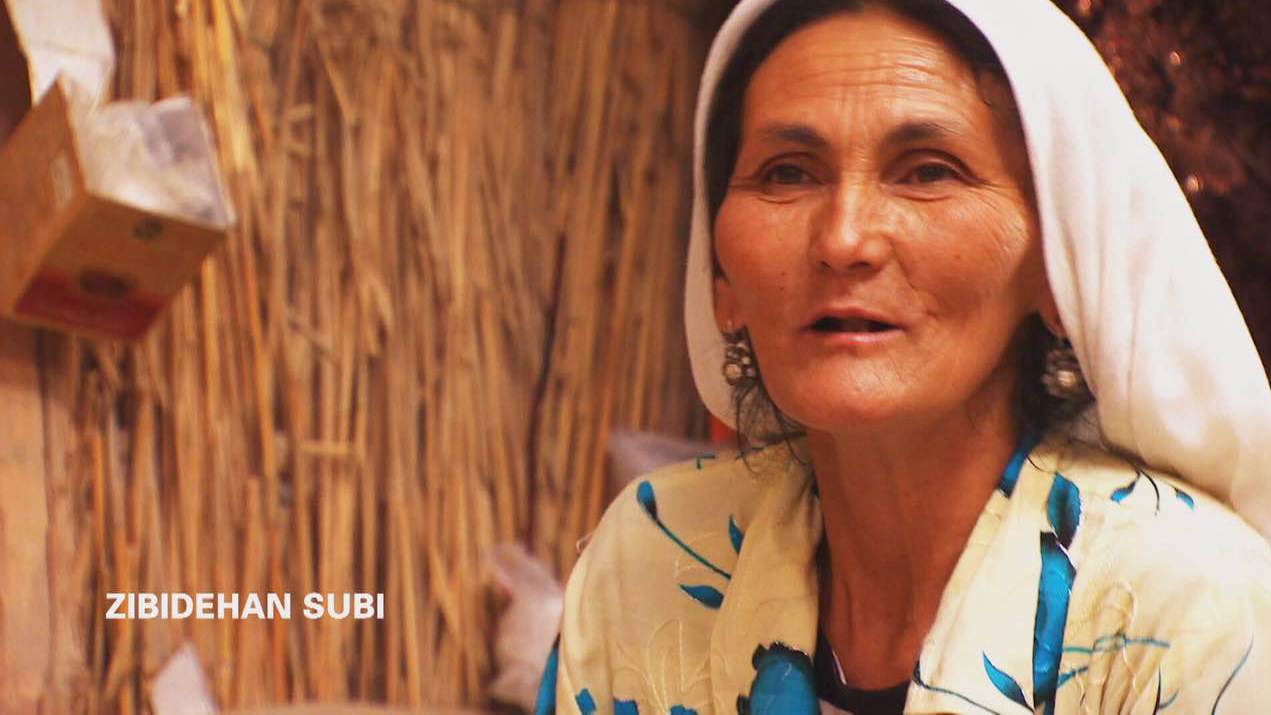
Darya Boyi is a sparsely populated village in Xinjiang deep in the Taklamakan Desert. Some 300 families live here. All are ethnic Uygurs.
45 year-old Zibidehan Subi has been living in this wooden house, since she got married at 15. She says the biggest change in the village is the number of vehicles.
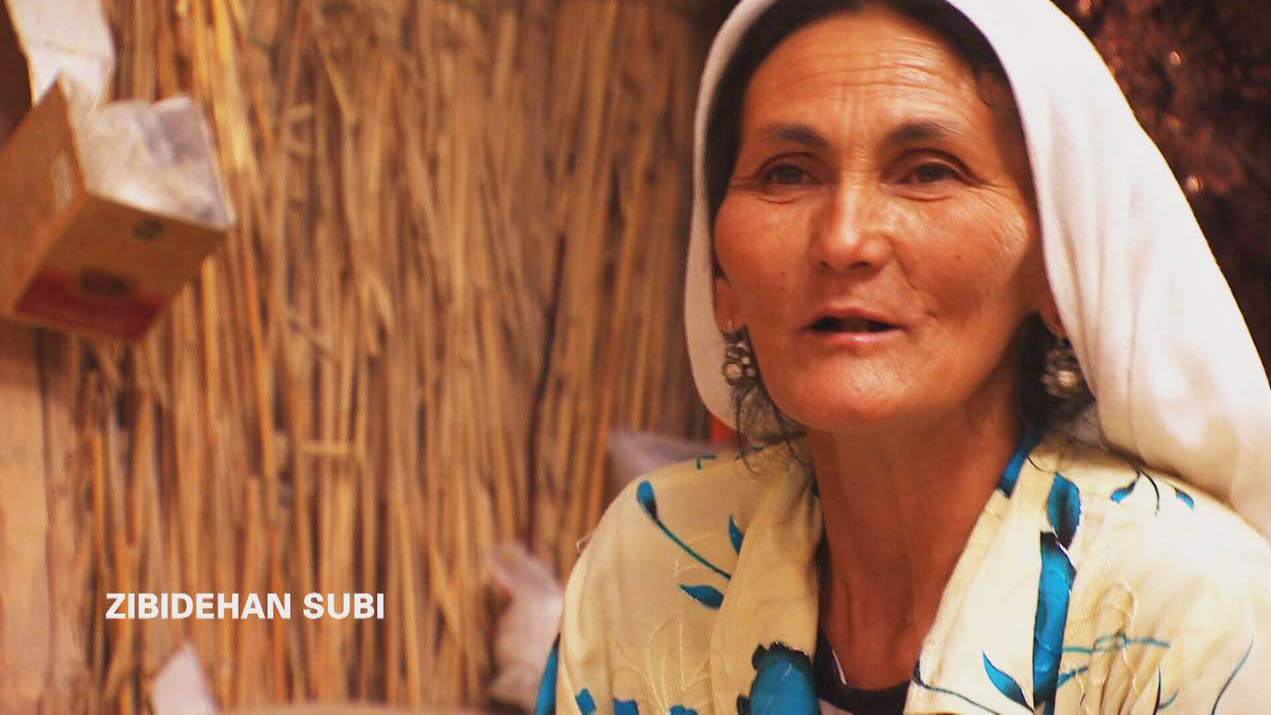
“We enjoy living a nomadic life. But the children are at the county seat (the administrative center of the county), so we need to go to see them. Otherwise, we don’t have to leave the village,” she said.
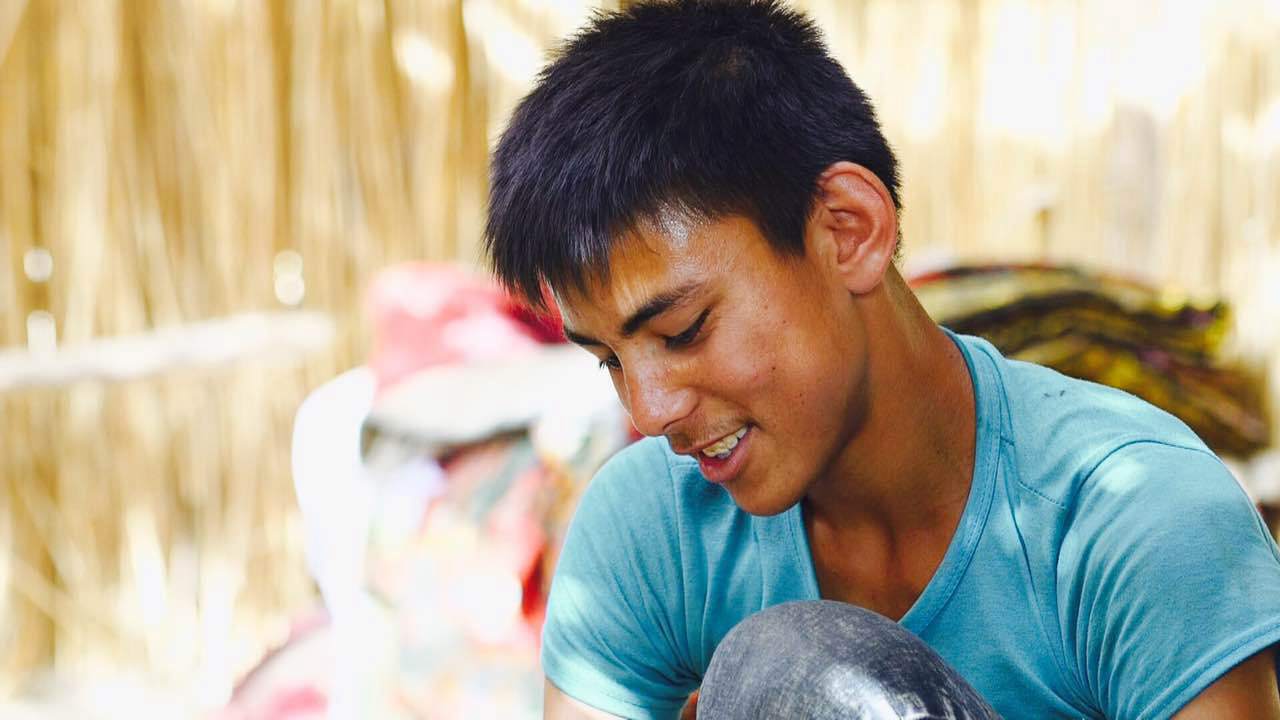
Ali Abdulla is her youngest son. He goes to middle school in the Yutian county seat, some 250 kilometers away.
Gathering tree roots for cooking fuel is an old survival skill. Darya Boyi is cut off from the outside world, and modern conveniences. But the old ways of living are changing. One question is always on Ali’s mind: When can he leave the desert?
“I want to take good care of my parents when I get a good job in the future,” he said.
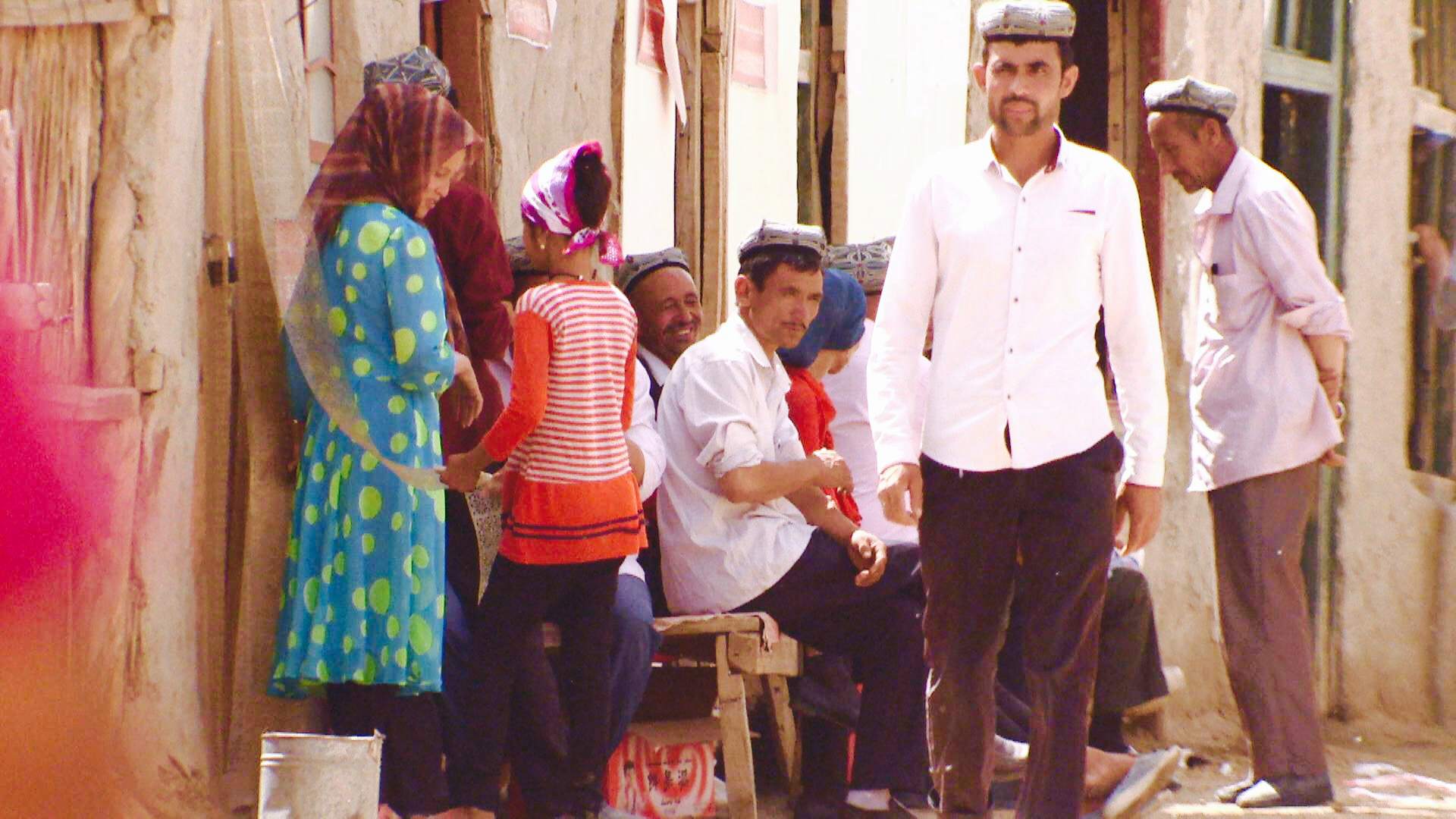
Villagers have survived in the Taklamakan for 400 years. But the drying up of the Keriya River, and the encroaching sands, have resulted in 50 families moving to the government-built resettlement houses on the outskirts of Yutian.
Another 100 low-income families are expected to join them by 2018. This will include Zibidehan's family. For her husband Abdulla Qasimu, life is neither too bad nor too good.
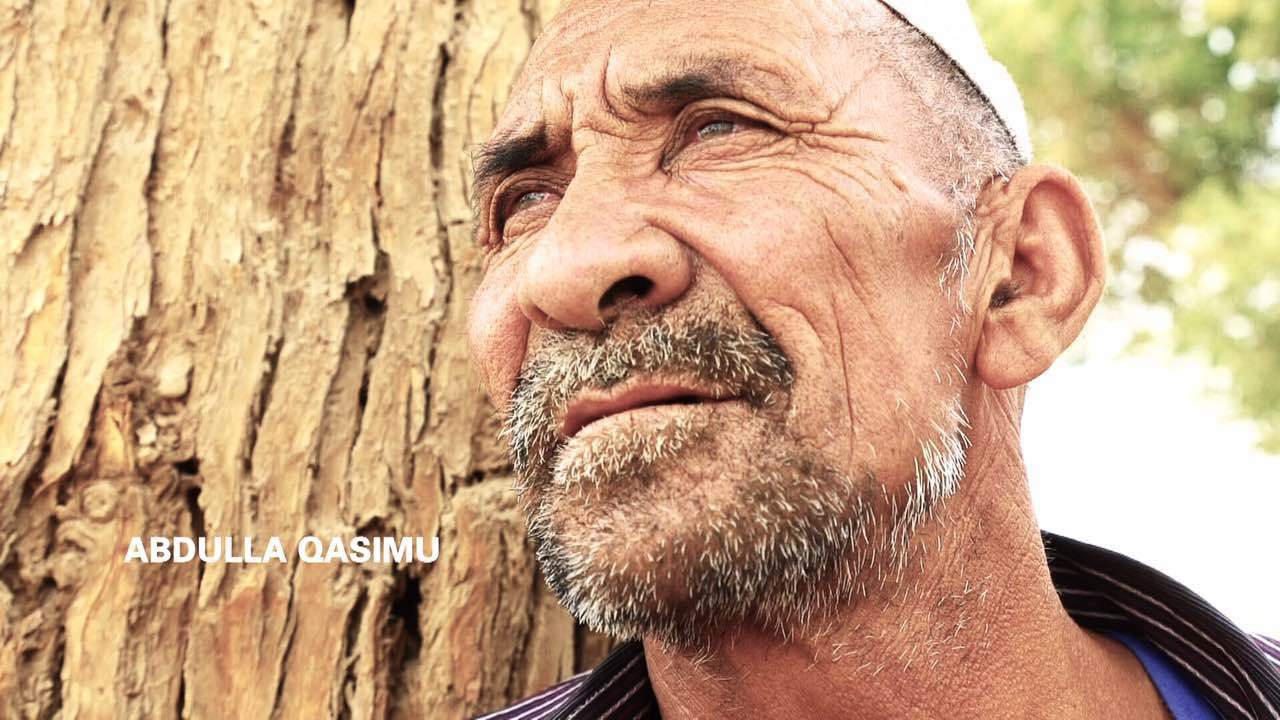
“I have no skills other than herding. If I'm being relocated out of here, I can hardly make a living,” he said.
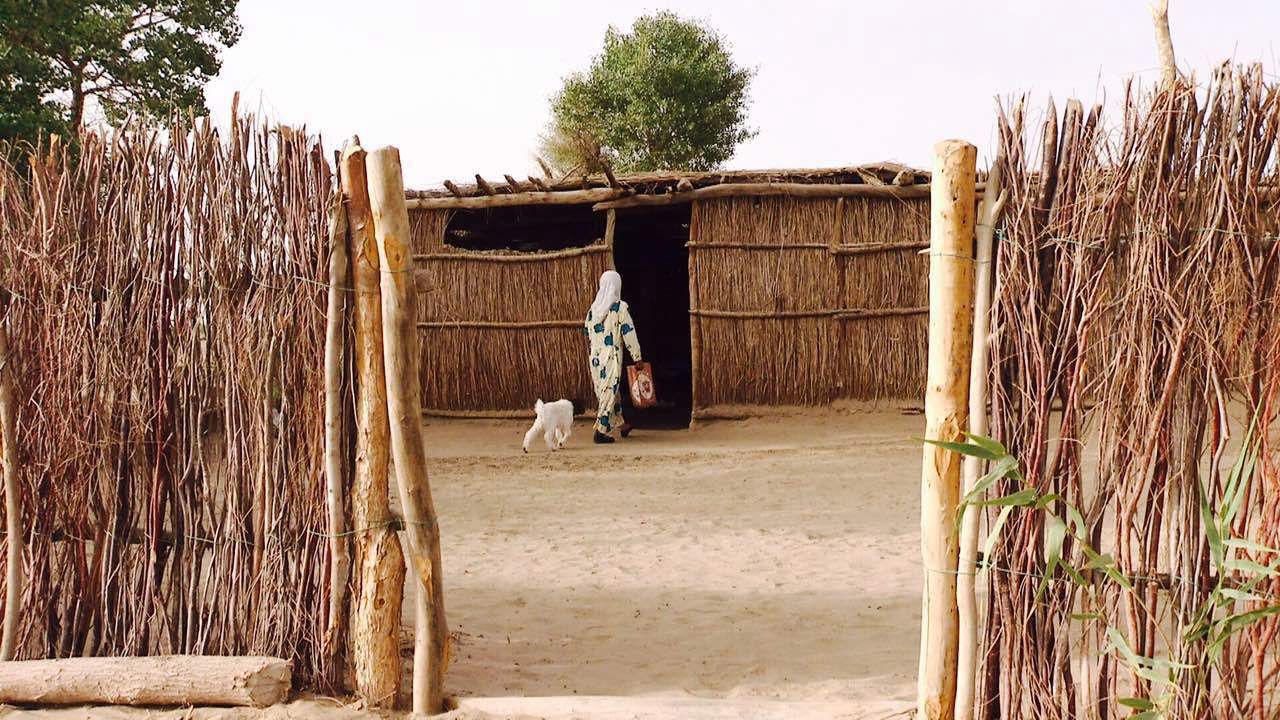
Darya Boyi has only trees, sand and livestock. Farming is not an option. And building roads needs money and time. For a quick solution, relocation seems the easiest.
Xinjiang aims to help its remaining 2 million poor residents out of poverty. This is mainly by removing them from scattered poor villages to more prosperous areas, or to upgrading the old places with modernity. And this once very isolated place is also changing.
The herders' way of life will soon end. But old villagers, like Zibidehan, want to stay in Darya Boyi.
“We would love to live an easy life till we die. Conditions are harsh, but that’s the life of nomads. Allah made me a herdswoman; that’s my life. It just like the five fingers cannot be the same; life is what you make of it,” she said.
Abdulla is resigned to the inevitable. He knows his children will not stay here. But he hopes that his final resting place will be among the poplars in Darya Boyi.
(Written by Han Bin)

SITEMAP
Copyright © 2018 CGTN. Beijing ICP prepared NO.16065310-3
Copyright © 2018 CGTN. Beijing ICP prepared NO.16065310-3